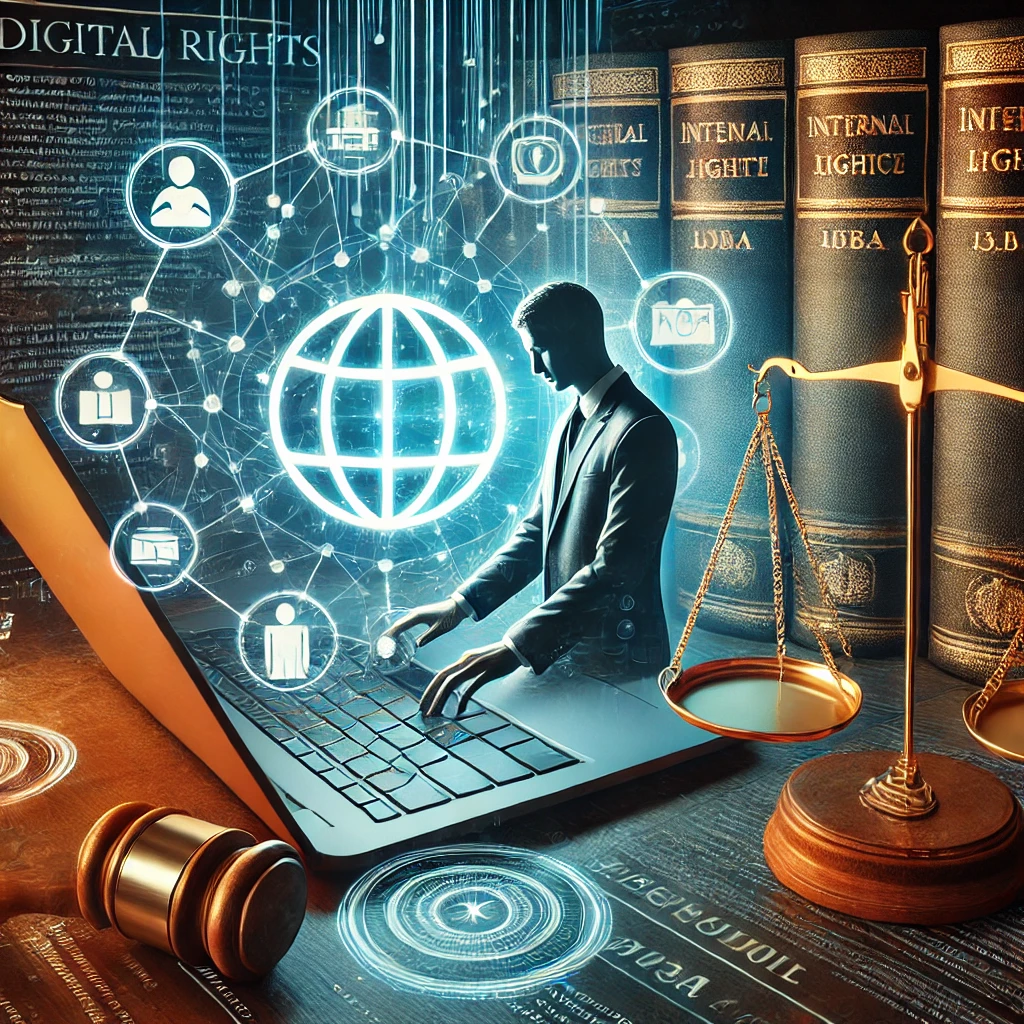Cyber Law at Mongolia
Cyber law in Mongolia is evolving in response to the rapid growth of digital technologies and the internet. As in many other countries, Mongolia has implemented a range of legal frameworks to govern internet-related activities, protect citizens’ privacy, and prevent cybercrime. The legal landscape in Mongolia has gradually developed to address issues such as data protection, e-commerce, intellectual property, and cybersecurity.
Here’s an overview of cyber law in Mongolia:
1. Data Protection and Privacy Laws:
Mongolia does not have a standalone, comprehensive data protection law like the European Union’s General Data Protection Regulation (GDPR), but it has provisions related to privacy and data protection under various laws.
Law on Personal Data Protection (2015): This is the main piece of legislation governing personal data protection in Mongolia. It sets out rules for the collection, processing, storage, and sharing of personal data. The law provides data subjects with the right to access and correct their personal data and outlines responsibilities for organizations that collect and process personal information. However, the law still lacks some of the more robust provisions found in the GDPR, especially in terms of enforcement and the definition of sensitive data.
Constitution of Mongolia: The Constitution guarantees the right to privacy for individuals, which can be extended to digital and electronic forms of personal information.
2. Cybercrime Laws:
Cybercrime has become a significant concern in Mongolia as the country develops its digital infrastructure. The Mongolian Criminal Code has provisions related to various forms of cybercrime, including:
Hacking: Unauthorized access to computer systems and networks is criminalized under the Mongolian Criminal Code.
Fraud and Identity Theft: Fraudulent activities, including phishing, online fraud, and identity theft, are subject to penalties under cybercrime laws.
Data Breaches: Criminal liability can arise from the unauthorized disclosure, theft, or manipulation of personal or confidential data.
In 2015, the Cybercrime Law was introduced to strengthen the legal framework for dealing with offenses related to computer systems and digital networks.
3. E-commerce and Electronic Contracts:
Mongolia has established legal guidelines for conducting business and entering contracts online. This includes regulations on e-commerce, electronic signatures, and digital contracts:
Electronic Transactions Law (2004): This law provides the legal framework for electronic transactions in Mongolia. It recognizes the validity of electronic contracts and signatures, establishing the same legal effect as traditional paper-based contracts. It helps facilitate online business operations, including e-commerce, and is a critical component of the country’s digital economy.
Consumer Protection: The law provides protections for consumers engaging in online transactions, ensuring that businesses uphold certain standards for fairness and transparency.
4. Intellectual Property Law:
Mongolia has intellectual property (IP) laws to protect digital content and technologies. These laws cover:
Copyright: Digital works such as software, online content, music, and art are protected under Mongolia’s copyright law.
Patent Law: Inventions related to technology and digital processes can be patented under Mongolian law.
Trademarks: Digital branding and trademarks are protected by the country's trademark laws.
Mongolia is a member of international IP treaties such as the Berne Convention and the World Intellectual Property Organization (WIPO), which ensure that IP rights in the digital space are recognized globally.
5. Cybersecurity:
Mongolia has been gradually developing its cybersecurity infrastructure to protect against threats such as hacking, data breaches, and attacks on critical infrastructure.
Cybersecurity Law (2021): This is one of the most important recent developments in Mongolia’s cyber law landscape. The law aims to regulate the protection of national cybersecurity, safeguard information infrastructure, and improve the country’s response to cyber threats. It establishes a national cybersecurity policy, and the law requires critical infrastructure operators to take specific measures to ensure security and prevent cyber attacks.
The Information Technology and Communications Authority (ITCA) is responsible for overseeing cybersecurity efforts in Mongolia. The government has also set up a Cybersecurity Center to handle emerging threats and to guide businesses and individuals on securing their digital environments.
6. Cryptocurrency and Blockchain Regulation:
Mongolia has not yet fully regulated cryptocurrencies or blockchain technology, but there have been discussions about how to address these emerging technologies. The government has recognized the potential of blockchain and cryptocurrencies in areas like finance and governance but has also acknowledged the need for regulation to prevent illicit activities such as money laundering or fraud.
Cryptocurrency: While Mongolia does not yet have specific laws regulating cryptocurrency, the use of digital assets is not prohibited. The Central Bank of Mongolia has issued warnings about the risks of investing in cryptocurrencies, but it has also expressed interest in exploring the possibilities of blockchain for digital infrastructure.
7. Regulatory Bodies and Institutions:
Mongolian Communications Regulatory Commission (CRC): This government body regulates the telecommunications sector, which includes overseeing internet infrastructure, digital services, and ensuring compliance with relevant cyber laws.
Information Technology and Communications Authority (ITCA): Responsible for formulating policies related to information technology, communications, and cybersecurity in Mongolia.
8. International Cooperation:
Mongolia is actively participating in international initiatives aimed at improving cyber law and cybersecurity. The country is a member of the International Telecommunication Union (ITU) and other organizations that promote the development of global standards for cybersecurity and cybercrime.
Conclusion:
Mongolia’s cyber law landscape is evolving, with increasing focus on data protection, cybersecurity, and regulation of digital transactions. While Mongolia has made significant strides in creating a legal framework for cyber-related issues, there are still gaps, especially in the areas of enforcement and regulation of emerging technologies like cryptocurrencies. The government is increasingly aware of the importance of regulating the digital space, and ongoing legislative efforts aim to strengthen the country’s cyber law infrastructure.












comments